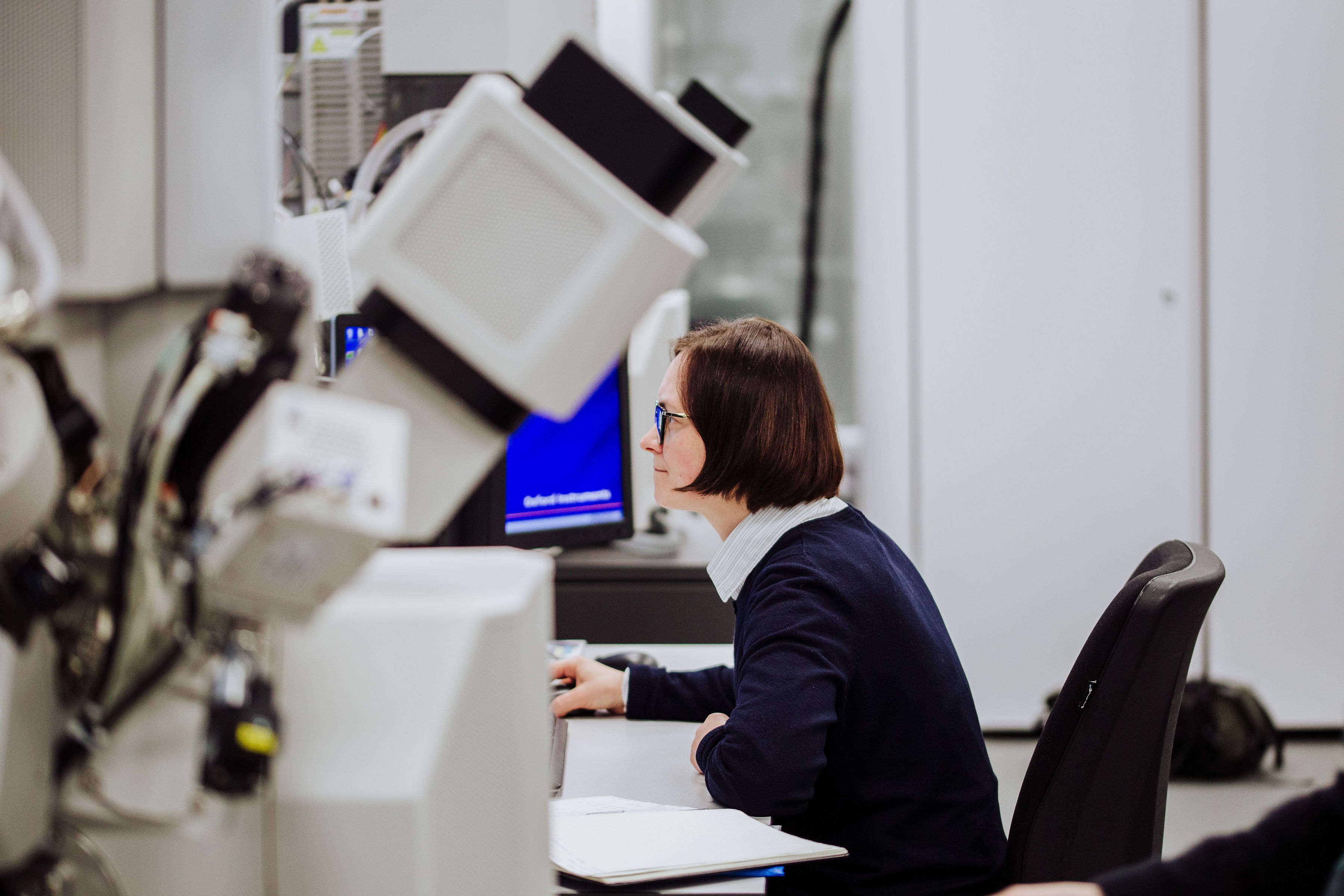Planning permission for the project at the greenhouse research facility Wellesbourne Campus was granted in February and work is currently underway on the 12,339 sq ft scheme.
The project is a partnership between Crop Health and Protection (CHAP), one of the four UK Agritech Centres funded by Innovate UK, the innovator and developer, RIPE Building Services, and the university, which will coordinate research through its School of Life Sciences.
It is the first major construction at Wellesbourne Campus since Warwick acquired the site in 2004.
The new structure, named the Natural Light Growing (NLG) Centre, is being built by RIPE using patented materials and construction technology and will allow the full spectrum of natural light through into the protective growing environment.
This is expected to increase crop yield and speed of growth as well as improve qualities like taste, plant health and vigour.
The university has said the beneficial effects of the full spectrum growing conditions on crop plants are not yet fully understood and the greenhouse will act as a demonstration facility and experimental hub to study several crop characteristics.
Fraser Black, chief executive of CHAP, said:
"CHAP is very excited to be able to help forge the partnership with RIPE and the University of Warwick and use Innovate UK funds to establish NLG Centre at Wellesbourne.
"This unique advanced facility combined with the scientific excellence onsite will both accelerate the research into the benefits of natural light growing as well as providing real world demonstration to commercial growers of how the future of growing protected cropping is heading."
Phillip Lee, managing director of RIPE Building Services, added:
"We’re incredibly excited to be partnering with CHAP to establish our new prototype greenhouse at Warwick’s Wellesbourne Campus.
"This project is the result of over five years of technology and systems development, and a great deal of technology transfer.
"One of the many advantages of this unique design is the ease of construction, and now that planning permission is granted and work underway, we look forward to the build being complete in time for first crop trials this summer."
Prof Richard Napier, director of research at the university’s School of Life Sciences, said:
"We are delighted that Wellesbourne Campus has been chosen as the location for such an innovative facility.
"Our academic crop researchers are looking forward to trialling this next generation growing environment to extend our research into crop improvement, the results of which will benefit farmers and growers and ultimately consumers."
